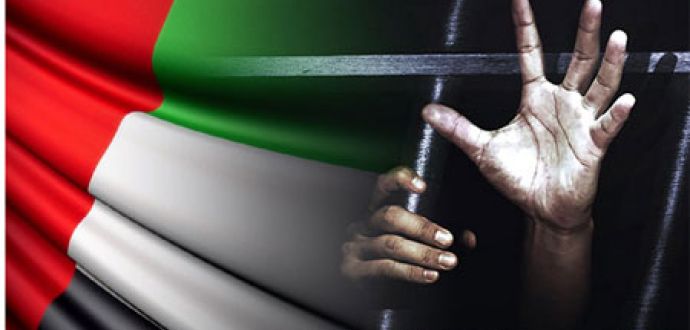On 4 May 2019, United Arab Emirates (UAE) prisoner Alia Abdulnoor died in custody following a battle with terminal breast cancer. While incarcerated, Abdulnoor was denied adequate treatment and her family’s request for her medical release was rejected. In a statement, the United Nations (UN) Office of the High Commissioner for Human Rights (OHCHR) called on the UAE to investigate the circumstances surrounding her death, as well as the credible allegations of torture and ill-treatment, and to hold those involved accountable.
In 2015, Abdulnoor was detained, blindfolded, shackled, and interrogated by UAE security officials following a night raid on her home. While in custody, authorities subjected Abdulnoor to four months of solitary confinement and did not inform her of the charges against her. Abdulnoor was blindfolded and forced to sign a confession she could not read, and this confessions was later used against her in court. Abdulnoor was convicted in May 2017 of “financing terrorism” in relation to funds she helped raise for Syrian families in the UAE and war-affected women and children in Syria and was sentenced to ten years in prison. While in prison Abdulnoor suffered beatings, sleep deprivation and other mistreatment such as not being allowed to pray.Additionally, she was held in windowless rooms without ventilationand forced to share a cell with as many as fifteen inmates at a time.
A month after her 2015 arrest, Abdulnoor learned that her breast cancer, which had been in remission since 2008, had returned. Despite knowing this, prison authorities waited a whole year before transferring her to a derelict and unsanitary hospital in late 2016. UAE authorities also allegedly forced Abdulnoor to sign a document stating that she had voluntarily refused chemotherapy treatment. Over the course of the next few years, Abdulnoor was moved through a succession of hospital prisons, with one being described as “the Guantanamo bay of the UAE.” At these hospitals Abdulnoor was treated using only the most basic pain medications, which were often wholly inadequate for her condition. Abdulnoor’s declining health compelled her family to request for medical release in late 2018. After this request was denied, additional requests were made, the most recent of which was submitted in January 2019. The requests were made under Federal Law No. 43 of 1992 of the UAE Constitution on Regulating Penal institutions, which allows for the public prosecutor to release any detainee suffering from a life-threatening illness. Nevertheless, all requests for Abdulnoor’s release were denied without explanation.
In 2019, recognizing that Abdulnoor’s condition was entering its final stages, Emirati authorities moved her to the Tawam hospital. At this point, Abdulnoor was unable to walk or even stand on her own, but remained shackled to her hospital bed in squalid conditions. Emirati authorities denied requests that her chains be removedbefore she died, even though they served no clear purpose for the weakened and terminally ill woman. As Abdulnoor’s cancer spread to her critical internal organs in March 2019, she was left to die still chained and isolated in decrepit conditions. Despite her family’s pleading, Emirati authorities continued to only provide pain medication to Adbulnoor.
Abdulnoor’s denial of proper medical care at the hands of the Emirati authorities contravenes accepted international conventions on the ethical treatment of prisoners as well as basic human rights. The fact that Abdulnoor was forced to suffer for years with a debilitating, terminal, and undoubtedly excruciating illness stands as a grim testament to the state of human rights in the UAE. Abdulnoor’s death stands as a pressing example of the need for urgent and targeted human rights and prison reform in the United Arab Emirates.





